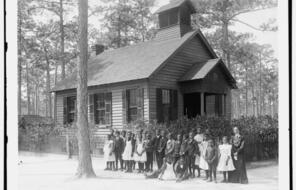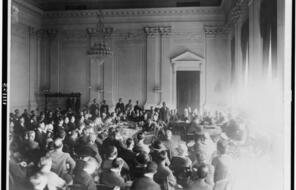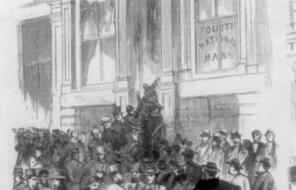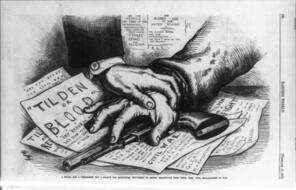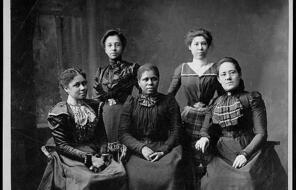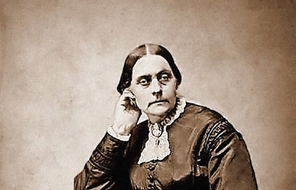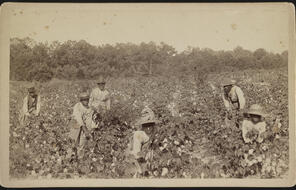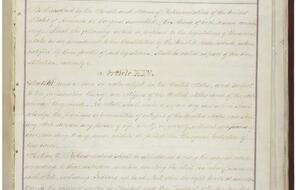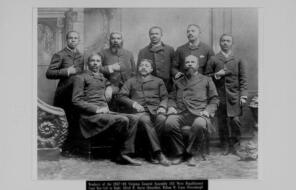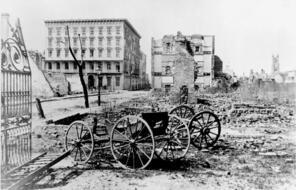Reading
Changing Public Opinion in the North Mini-Lecture
This handout contain key points for a mini-lecture on the factors that caused white Northern public opinion to shift against Reconstruction.
At a Glance
Subject
- History
- Social Studies
- Democracy & Civic Engagement
- Human & Civil Rights
- Racism
End of War Fever
- The Radical Republican coalition responsible for the laws and the amendments that sought to reshape Southern society was driven in part by postwar passions and animosities.
- Andrew Johnson’s goal to restore “the Union as it was” prompted many moderate Republicans to side with the more radical members of their party in the effort to remake the South and reaffirm the Northern victory.
- In time, those wartime passions diminished, and as Reconstruction policies were proving successful at establishing freedom and some measure of equality for freedpeople in the South, moderate Republicans turned to other priorities.
Corruption
- The 1870s marked the beginning of the Gilded Age in the United States, a period characterized by both the massive creation of wealth and an explosion of corruption carried out by Republicans and Democrats alike at all levels of government and in all regions of the country.
- While corruption did exist in Southern Reconstruction governments, as it did everywhere, many of the accusations directed at Southern states were unfounded and intended to stoke racist fears of “Negro rule” over white Americans.
- Due to racial stereotypes, Black voters and politicians were unfairly blamed for widespread corruption, even though they were not the main actors or beneficiaries of corruption.
Panic of 1873
- In the spring of 1873, the US economy collapsed, ushering in a depression that would last several years.
- The depression changed the priorities of voters and politicians, as issues such as wages, currency, tariffs, unemployment, railroad subsidies, labor unions, and the price of wheat became primary.
- Several Southern states, most notably South Carolina, fell into enormous debt as their economies collapsed, and again racists attempted to unfairly shift the blame onto African American politicians and voters. This time the charge was incompetence instead of corruption.
Racism
- Northerners and Southerners alike also accepted racist caricatures of corrupt, incompetent misrule of a supposedly inferior Black race in the South. Several Northern reporters, some of whom were even Radical Republicans, traveled south in the 1870s, embraced the claims of white Southern Democrats, and then passed them along in their reports to the North.
How to Cite This Reading
Facing History & Ourselves, "Changing Public Opinion in the North Mini-Lecture," last updated September 1, 2022.
This reading contains text not authored by Facing History & Ourselves. See footnotes for source information.
The resources I’m getting from my colleagues through Facing History have been just invaluable.
—
Claudia Bautista, Santa Monica, Calif


